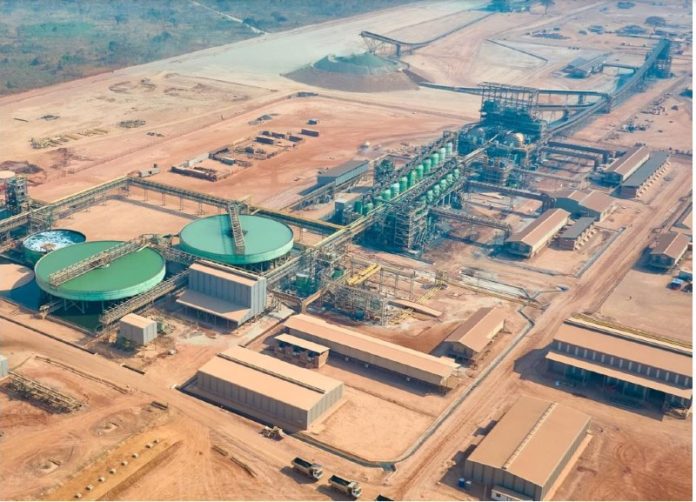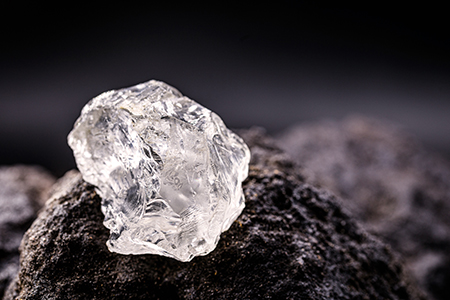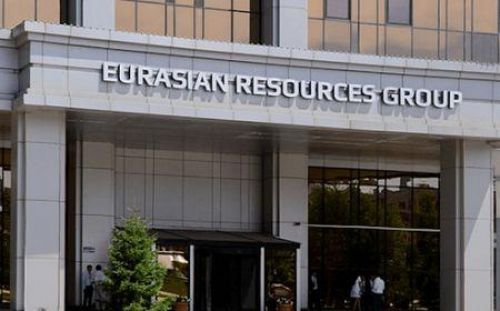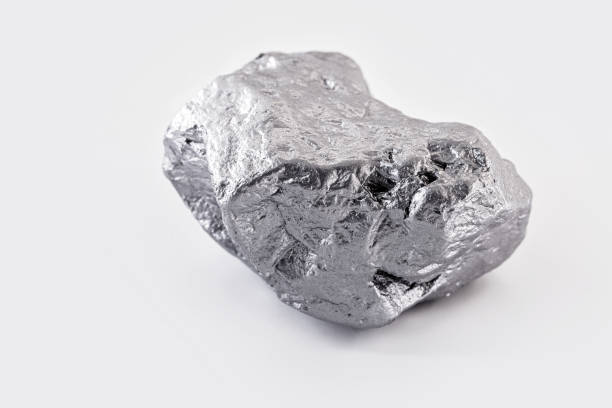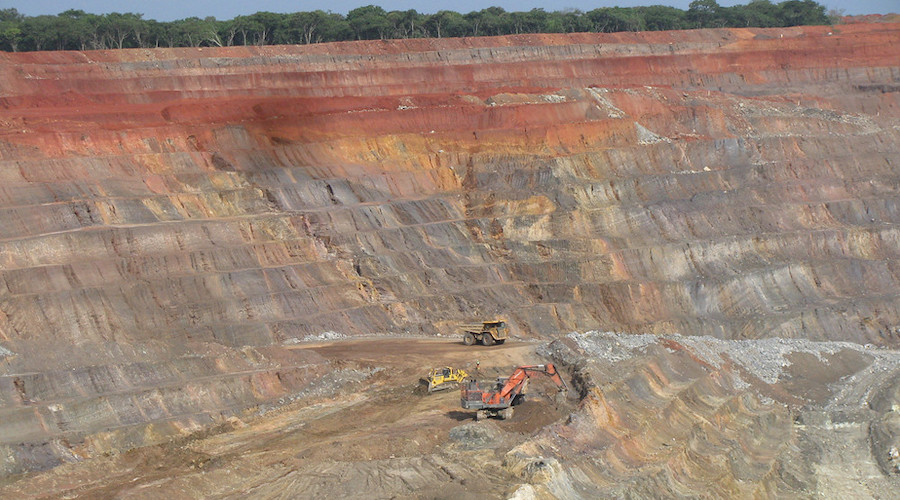Base Metals

Zimbabwe's spodumene exports surge 30% despite weak lithium prices
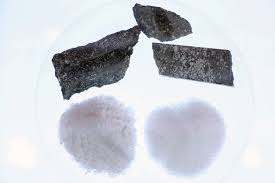
Zimbabwe's exports of spodumene concentrate, a lithium-bearing mineral essential for battery production, surged 30% in the first half of 2025 despite weak global lithium prices, official statistics show.
Africa's top lithium producer exported 586,197 metric tons of spodumene concentrate between January and June, compared to 451,824 metric tons during the same period last year, according to statistics from the Minerals Marketing Corporation of Zimbabwe (MMCZ) obtained by Reuters on Monday.
Prices of lithium - used in batteries to power renewable energy technologies - have tumbled nearly 90% over the past two years, mainly due to oversupply, but producers remain positive about the metal's long-term prospects amid a global push towards cleaner energy sources and electric vehicles.
"A notable market contradiction was observed in the lithium sector, where prices declined despite a continuous rise in demand for lithium metal," Zimbabwe's state minerals marketer MMCZ said in a statement.
"Lithium prices are, however, expected to improve in the medium-term," it added.
China's Zhejiang Huayou Cobalt (603799.SS), opens new tab, Sinomine (002738.SZ), opens new tab, Chengxin Lithium Group (002240.SZ), opens new tab, Yahua Group (002497.SZ), opens new tab and Tsingshan dominate Zimbabwe's lithium mining, producing concentrates and shipping them to their home country.
These companies have invested in excess of $1.4 billion since 2021 to acquire and develop the lithium assets, according to the MMCZ.
The southern African country says it will ban the export of lithium concentrates from 2027 to promote more local processing.
Huayou, which exported 400,000 tons of lithium concentrate from Zimbabwe in 2024, says it has started building a 50,000-ton per year lithium sulphate plant in the country. Sinomine has also announced plans to build a $500 million lithium sulphate plant at its Bikita mine in Zimbabwe.
Lithium sulphate is an intermediate product which can be refined into a battery-grade material such as lithium hydroxide or lithium carbonate used in battery manufacturing.




